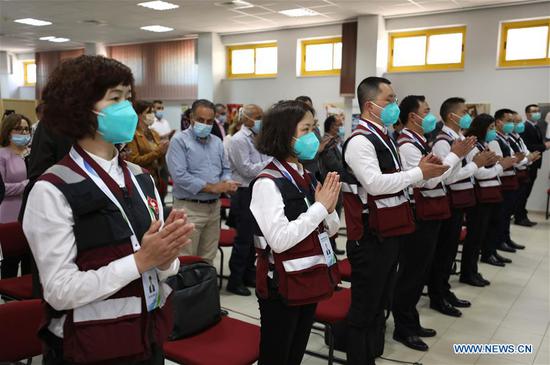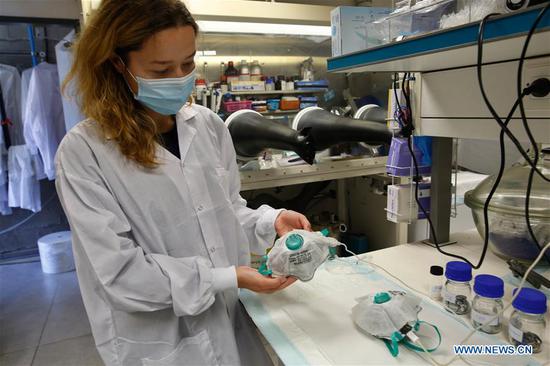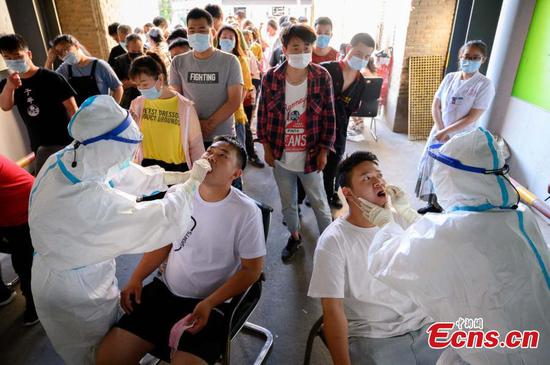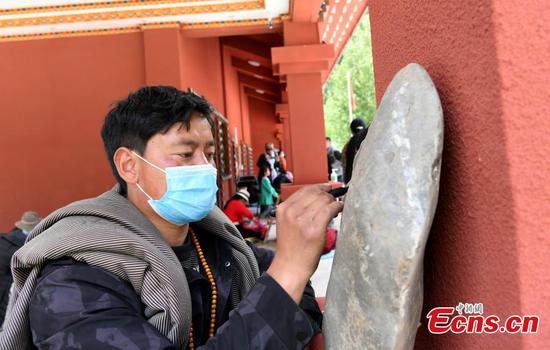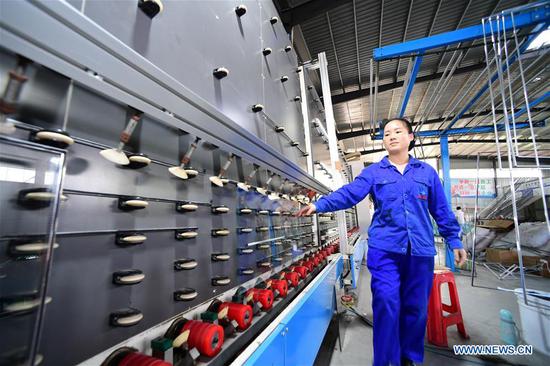Key meeting unveils policies to relieve corporate burdens, boost real economy
China will encourage its financial institutions to make interest concessions as appropriate to businesses and ensure that all fee-reduction measures are fully implemented, in an effort to ease corporate burdens and keep economic fundamentals stable.
A number of policy steps were decided at the State Council's executive meeting chaired by Premier Li Keqiang on Wednesday.
"In the past weeks and months, financial departments and institutions have taken effective steps to tackle the economic impact of the coronavirus. Real interest rates have come down and aggregate financing is expanding," Li said.
"Interest concessions by financial institutions are a key measure in supporting the real economy, especially smaller firms, and keeping economic fundamentals stable."
The meeting underlined the need for stronger monetary and financial policy support to the real economy, as the financial institutions and businesses borrowing from them have a stake in each other's success.
Stronger efforts were urged to bring down the lending and corporate bond rates, make concessional-rate loans, defer loan repayments for micro, small and medium-sized enterprises, and support the issuance of uncollateralized loans to small and micro companies.
These efforts are expected to bring benefits worth 1.5 trillion yuan ($210 billion) to companies of all types this year.
The meeting called for better leveraging of policy tools such as reserve requirement ratio cuts and re-lending in order to maintain a reasonably sufficient level of liquidity, as well as the intensification of efforts to make financing more accessible for enterprises and help them overcome financial problems.
"Market principles should be followed in making the interest concessions. Financial institutions need to ensure that their measures are well calibrated and have the right focus," Li said.
The newly increased funds should be funneled into the manufacturing and service sectors, especially smaller companies, to provide much-needed relief to enterprises in times of hardship.
"The monetary policy tools that can directly benefit businesses must be fully utilized, and related mechanisms established to prevent funds from simply circulating in the financial system or flowing into unintended areas, and avert financial risks," Li said.
The meeting required the full implementation of all fee-reduction measures introduced this year. A range of fee-reduction policies introduced in the Government Work Report this year, together with the fee reductions made in the first half of this year, will save enterprises nearly 310 billion yuan through the whole year.













